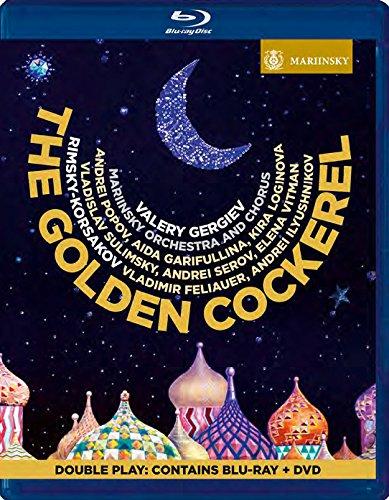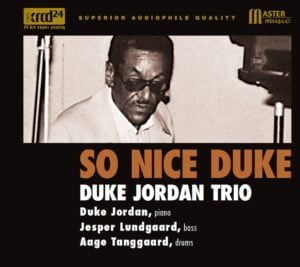For much of the twentieth century, Rimsky-Korsakov’s operatic work was largely ignored in the west, and he was better-known for his editing of major works by Mussorgsky. A thoroughly Russian composer, his music derived much from his country’s rich legacy of folk tales, and his lush, exotic orchestration was a strong influence on his student Stravinsky. Completed in 1907, just after the Russo-Japanese war, the opera’s depiction of a witless Tsar meant it was initially banned and Rimsky-Korsakov never saw it performed. Finally staged in 1909, it received its first performance at the Mariinsky in 1919.
Based on text by Alexander Pushkin, with libretto by Vladimir Belsky, the opera begins with The Astrologer (Andrei Popov), who introduces himself as the director of the story, a moral tale, through a fantastical kingdom. King Dodon (Vladimir Feliauer), once a great warrior, is now old and tired. However, his sons (Andrei Ilyushinkov & Vladimir Sulimsky) have not inherited his talent for warfare and his kingdom is now under threat. To aid the King, the Astrologer brings a cockerel, whose cries, he says, will warn of any attack. In gratitude, Dodon offers him one wish, which he decides to hold on to until later. Soon after the cockerel crows, and Dodon sends his sons to battle. Following on behind them, he finds them slain and his army defeated.















